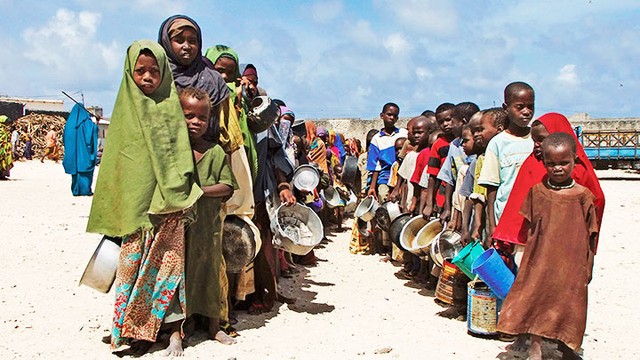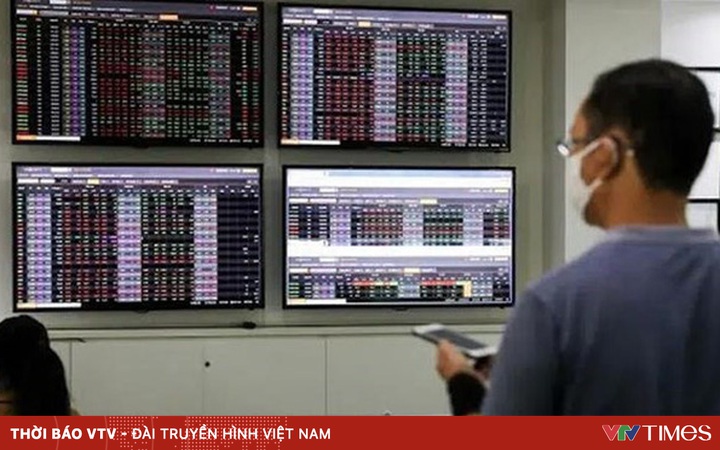WB: Risk of food crisis extending into 2023
On April 20, the President of the World Bank (WB) David Malpass said that the tension between Russia and Ukraine has caused prices to fall Food The food security crisis is expected to continue for many months, possibly even into 2023.

Millions of Africans are chronically short of food. (Photo: AP)
Speaking at an online press conference within the framework of the 2022 Spring Conference of the International Monetary Fund (IMF) and the World Bank, Mr. Malpass emphasized that conflict and its consequences are causing difficulties for the poor worldwide. world.
Compared to the same period in 2021, real wages increased by 37%, and are higher than the consumer price index (CPI). This is interesting because CPI is a measure of the impact on the poor, who mainly spend on food and food every day.
Malpass said shortages of food, energy and fertilizers, essential for the crop, are causing a food insecurity crisis. This crisis will last for many months, possibly even into next year.
The current food problem is quite serious, with high prices affecting people in poor countries, especially in disadvantaged rural areas. The lack of food makes the poor tend to switch to less nutritious foods.
However, Mr. Malpass believes that the global stockpile is still large enough and can help improve the situation when it is distributed and supported to countries.
According to Mr. Malpass, the Conference on April 19 spent time discussing food security and he hoped that countries would proactively have effective solutions to solve the food and fertilizer crisis. now.
At the same press conference on April 20, Malpass reiterated his commitment to build a $170 billion emergency aid fund over the next 15 months to support the poorest countries suffering from multiple crises. This is the largest financial support commitment ever of the World Bank.
Earlier, the Food and Agriculture Organization of the United Nations (FAO) also warned that the world was facing a potential food crisis with skyrocketing prices and millions of people at risk of severe malnutrition amid the global crisis. The conflict in Ukraine threatens the supply of basic foods, such as wheat, corn, etc.
“Food prices were already at a high level due to the impact of the COVID-19 pandemic before Russia launched a special military operation in Ukraine,” said Maximo Torero, FAO Chief Economist. Mr. Torero also warned that the number of poor people would increase significantly if the Russian-Ukrainian conflict continued.
According to statistics, 45 African countries and least developed countries import at least a third of their wheat production from Russia or Ukraine. Meanwhile, the Russian Ministry of Agriculture said on March 14 that the country had supplied 23 million tons of wheat to the world from July 1, 2021 to March 10, 2022, down 30.9% compared to March 10, 2022. with the same period of the previous year.
According to the FAO, food prices have increased since the second half of 2020 and reached an all-time high in February 2022. The prices of wheat and barley alone are up by nearly a third, while the prices of rapeseed and sunflower oils are up more than 60% in 2021. Urea prices have more than tripled in the past year due to rising energy prices.
Concerned about food supply shortages, many countries prioritize the domestic market and restrict exports, a move that could exacerbate the threat to world food security. For example, Egypt has just banned the export of wheat, flour and legumes, while the world’s leading palm oil producer Indonesia has also announced tightening export restrictions on this item.
Some experts fear that low-income people in many places will find it difficult to buy food in the near future.
* Invite readers to watch programs broadcast by Vietnam Television on TV Online and VTVGo!
at Blogtuan.info – Source: vtv.vn – Read the original article here



